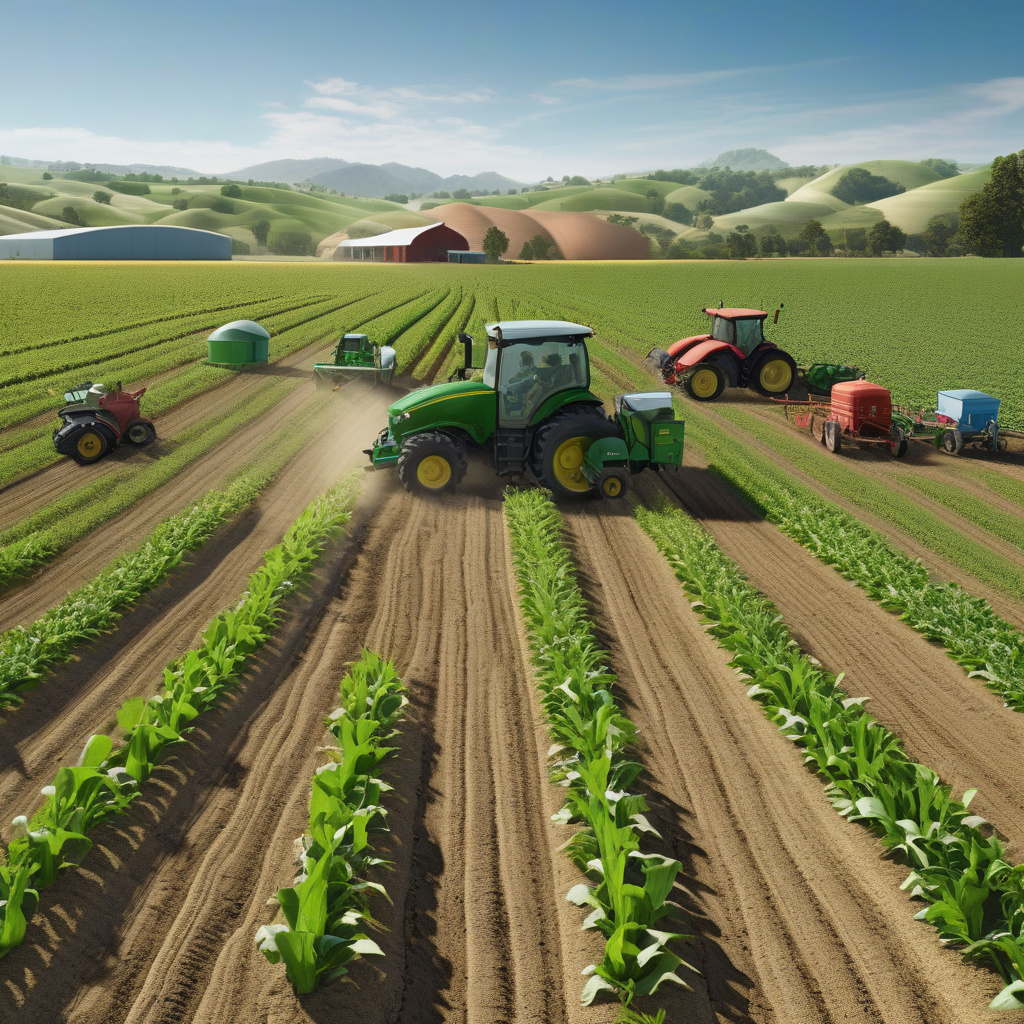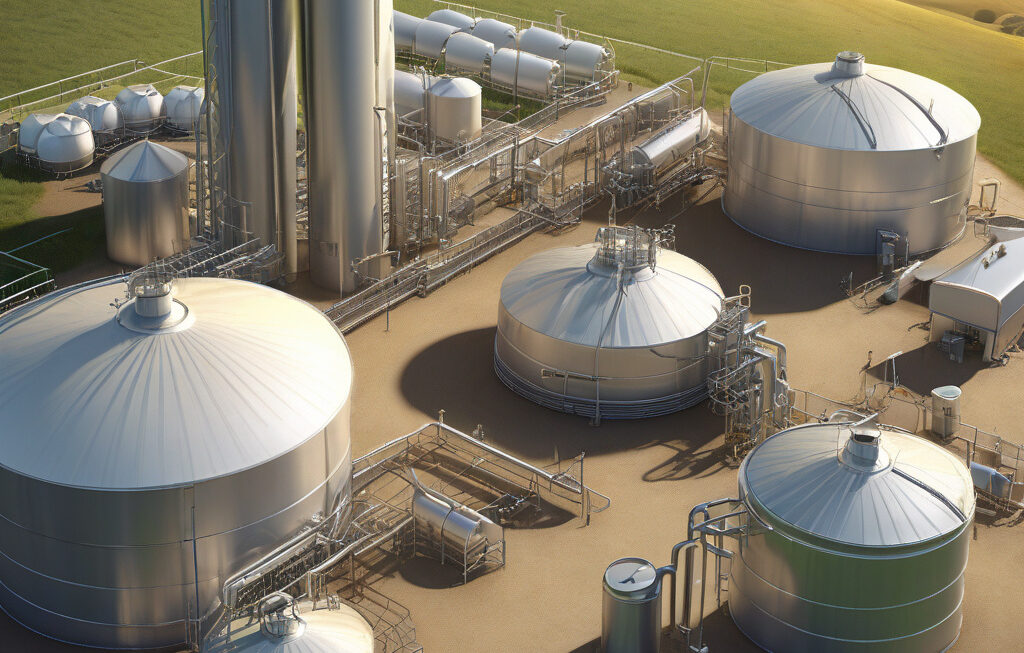Methane-Reducing Practices in Agriculture: What’s Working on the Ground?
When it comes to combating climate change, agriculture plays a significant role in both its contribution to greenhouse gas emissions and its potential to mitigate them. One potent greenhouse gas emitted by agriculture is methane, primarily coming from activities like livestock digestion and manure management. However, innovative practices are emerging to tackle this issue effectively.
Manure management approaches have proven to be instrumental in capturing or reducing methane emissions in the agricultural sector. Among these approaches, anaerobic digestion and composting have gained substantial attention for their efficacy in curbing methane release into the atmosphere.
Anaerobic digestion is a biological process that breaks down organic matter, such as manure, in the absence of oxygen. This process not only helps manage waste but also produces biogas, a renewable energy source comprising methane and carbon dioxide. By capturing methane that would otherwise be released during the decomposition of manure, anaerobic digestion serves a dual purpose of waste management and energy generation.
Composting, another widely adopted practice, involves decomposing organic materials under aerobic conditions. When manure is composted, the organic matter undergoes microbial decomposition, converting it into a stable product rich in nutrients. This process not only helps in managing manure effectively but also reduces methane emissions compared to traditional manure management methods.
In addition to anaerobic digestion and composting, other methane-reducing practices in agriculture include dietary manipulation for livestock, such as adjusting feed composition to reduce methane production during digestion. Furthermore, optimizing manure application techniques on fields can also minimize methane emissions by enhancing nutrient absorption by plants and reducing the organic matter available for methane formation.
One notable example of successful methane reduction in agriculture is the case of dairy farms implementing anaerobic digesters to process manure. By capturing methane and converting it into biogas for on-farm energy use or even feeding it back into the grid, these farms not only reduce their environmental footprint but also benefit economically from energy savings or revenue generation.
Moreover, collaborative efforts between farmers, researchers, policymakers, and environmental organizations have been crucial in promoting and scaling up methane-reducing practices in agriculture. Through knowledge-sharing, funding support, and policy incentives, stakeholders are working together to drive innovation and adoption of sustainable practices that prioritize both environmental and economic sustainability.
As the global focus on sustainability intensifies, the importance of methane reduction in agriculture cannot be overstated. By leveraging innovative approaches like anaerobic digestion, composting, and advanced manure management techniques, the agricultural sector can significantly contribute to mitigating climate change and building a more resilient food system for the future.
In conclusion, methane-reducing practices in agriculture are not just theoretical concepts but practical solutions that are already making a difference on the ground. With continued support and collective action, these practices can pave the way for a more sustainable and environmentally friendly agricultural sector.
#methanereduction, #agriculture, #sustainability, #innovation, #climatechange












